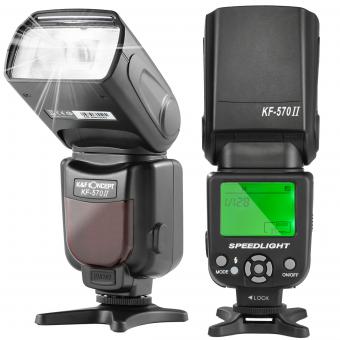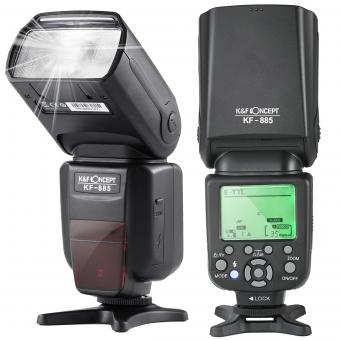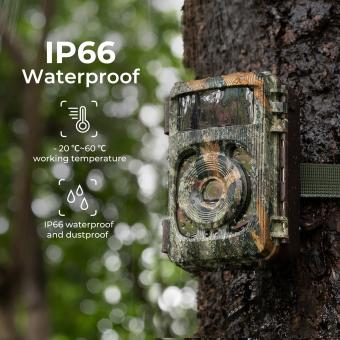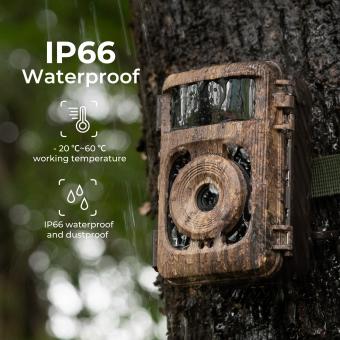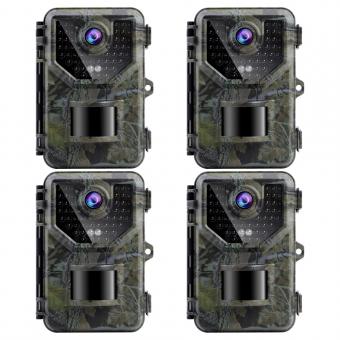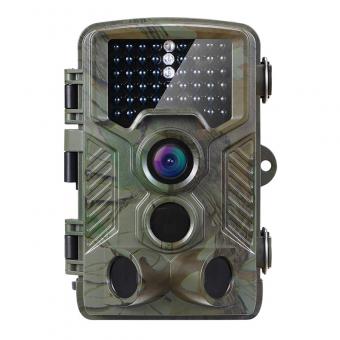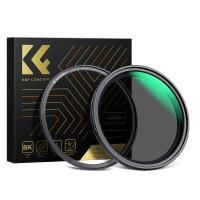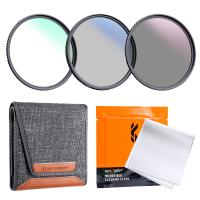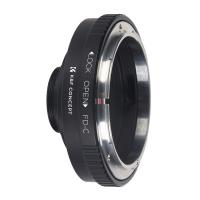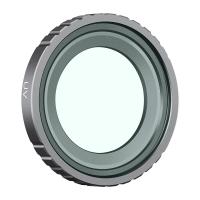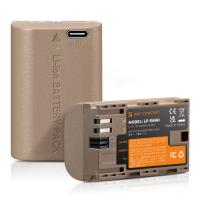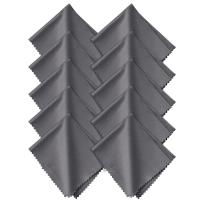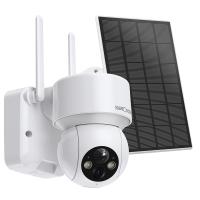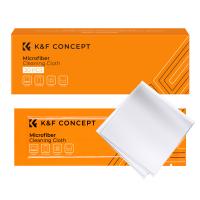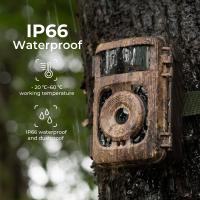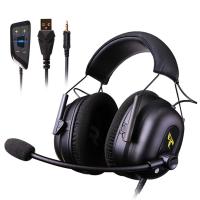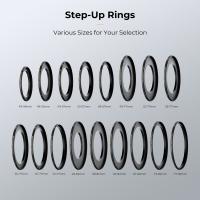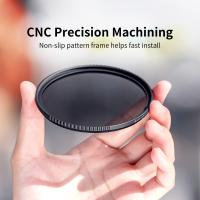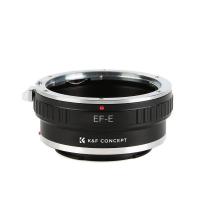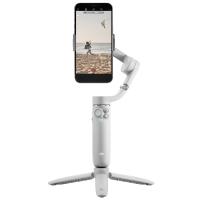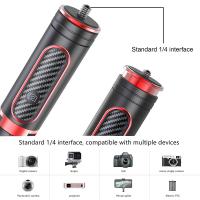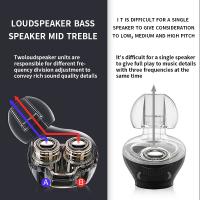Can Camera Flash Damage Baby's Eyes?
The question of whether camera flash can damage a baby's eyes is a common concern among new parents and photographers alike. With the increasing prevalence of smartphones and digital cameras, capturing every precious moment of a baby's life has become easier than ever. However, the potential risks associated with using a camera flash around infants have led to widespread debate and anxiety. In this article, we will explore the scientific evidence, expert opinions, and practical guidelines to address this concern comprehensively.
Understanding the Basics of Camera Flash
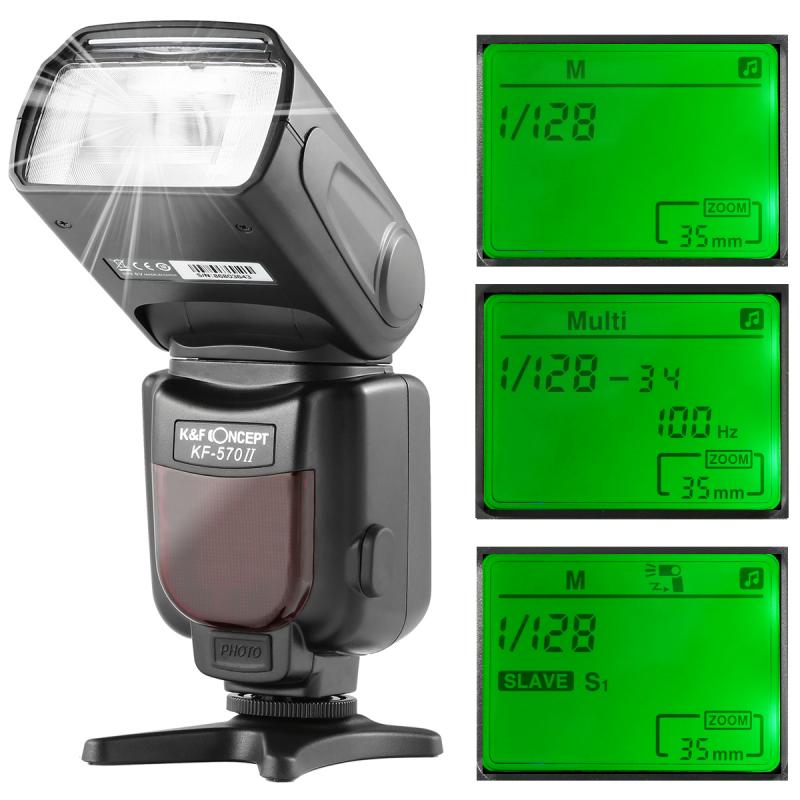
A camera flash is a burst of light produced by a camera to illuminate a scene. The intensity and duration of this light can vary depending on the type of flash and the settings used. Most modern cameras and smartphones use LED or xenon flashes, which are designed to provide a brief but intense burst of light to improve image quality in low-light conditions.
The Anatomy of a Baby's Eye
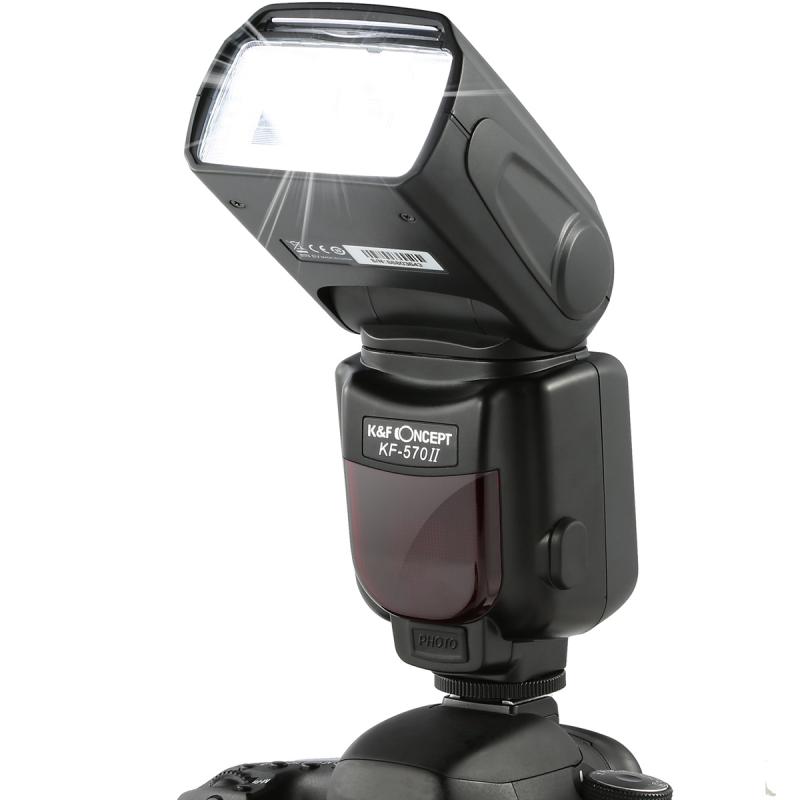
To understand the potential impact of camera flash on a baby's eyes, it's essential to first understand the anatomy and development of an infant's eye. A newborn's eyes are still developing, and their retinas are more sensitive to light compared to adults. The pupils of a baby's eyes are also smaller, which means they let in less light, but the light that does enter can be more intense due to the sensitivity of the developing retina.
Scientific Evidence and Studies
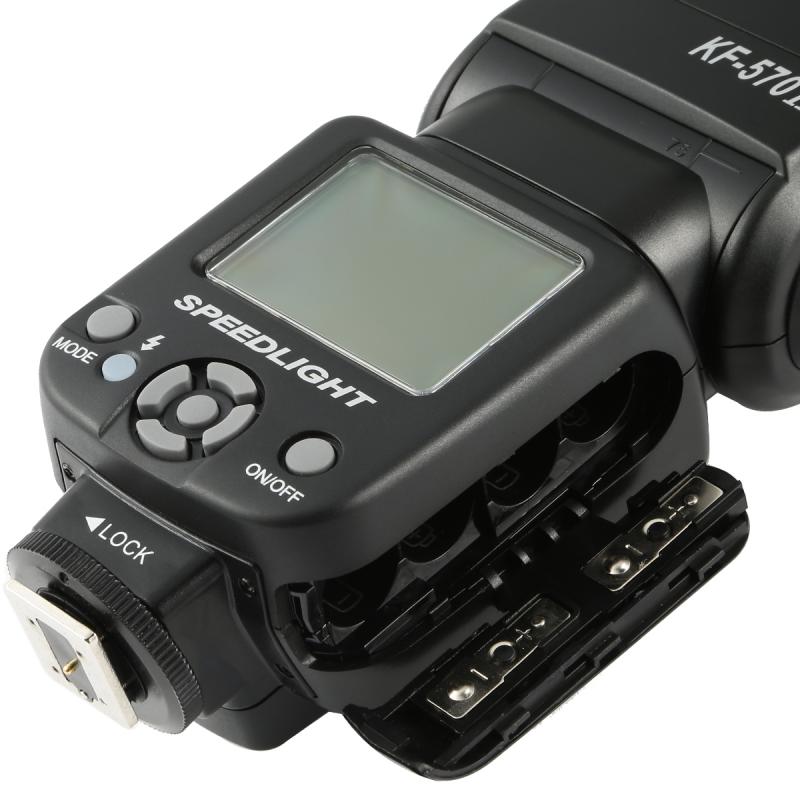
Several studies have been conducted to investigate the effects of camera flash on the eyes, particularly in infants. The general consensus among researchers is that a single, brief exposure to camera flash is unlikely to cause any permanent damage to a baby's eyes. The intensity of the light from a camera flash is not strong enough to cause retinal damage or other long-term eye issues.
For instance, a study published in the journal "Pediatrics" examined the effects of flash photography on infants and concluded that the risk of retinal damage from a single flash exposure is minimal. The study noted that the light intensity from a camera flash is significantly lower than the levels that would be required to cause harm to the retina.
Expert Opinions
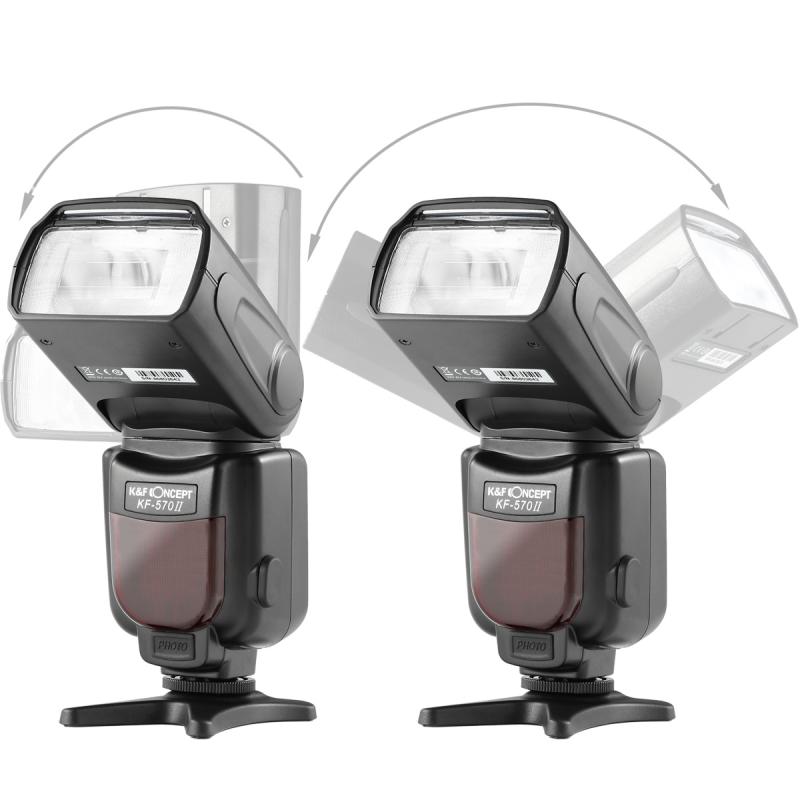
Pediatricians and ophthalmologists generally agree that occasional exposure to camera flash is not harmful to a baby's eyes. Dr. David Hunter, a pediatric ophthalmologist at Boston Children's Hospital, states that while it's natural for parents to be concerned, the brief exposure to light from a camera flash is not intense enough to cause damage.
However, experts do advise caution when using flash photography around infants. Repeated and prolonged exposure to bright lights, including camera flashes, should be avoided. It's also recommended to avoid using flash photography in very dark environments, as the sudden burst of light can be startling and uncomfortable for the baby.
Practical Guidelines for Parents and Photographers
While the risk of eye damage from camera flash is minimal, it's always better to err on the side of caution. Here are some practical guidelines for parents and photographers to follow when using flash photography around infants:
1. Limit Flash Use: Try to minimize the use of flash photography around your baby. Natural light is always the best option for capturing photos. If you need to use a flash, do so sparingly.
2. Increase Distance: Maintain a reasonable distance between the camera and the baby. The intensity of the flash decreases with distance, reducing the potential impact on the baby's eyes.
3. Use Diffusers: Consider using a flash diffuser to soften the light. Diffusers spread the light more evenly and reduce the intensity of the flash, making it less harsh on the baby's eyes.
4. Avoid Direct Flash: Instead of pointing the flash directly at the baby, try bouncing the flash off a wall or ceiling. This indirect lighting technique can help reduce the intensity of the light reaching the baby's eyes.
5. Monitor Baby's Reaction: Pay attention to your baby's reaction to the flash. If your baby seems uncomfortable or startled, it's a good idea to stop using the flash and switch to natural lighting.
6. Consult Professionals: If you have any concerns about your baby's eye health, consult a pediatrician or an ophthalmologist. They can provide personalized advice and address any specific worries you may have.
Addressing Common Myths
There are several myths and misconceptions surrounding the use of camera flash around infants. Let's address some of the most common ones:
- Myth 1: Camera Flash Can Cause Blindness: There is no scientific evidence to support the claim that camera flash can cause blindness in infants. The intensity and duration of the flash are not sufficient to cause such severe damage.
- Myth 2: Flash Photography Should Be Completely Avoided: While it's wise to use flash photography sparingly, there is no need to completely avoid it. Occasional use, following the guidelines mentioned above, is generally safe.
- Myth 3: All Bright Lights Are Harmful: Not all bright lights are harmful to a baby's eyes. The key is to avoid prolonged and repeated exposure to intense light sources. Occasional exposure to camera flash is not likely to cause harm.
In conclusion, the concern that camera flash can damage a baby's eyes is largely unfounded based on current scientific evidence and expert opinions. While it's important to be cautious and mindful when using flash photography around infants, the risk of permanent eye damage from occasional flash exposure is minimal. By following practical guidelines and using common sense, parents and photographers can safely capture those precious moments without compromising the baby's eye health.
As always, if you have any specific concerns or questions about your baby's eye health, it's best to consult with a healthcare professional. They can provide personalized advice and ensure that your baby's eyes are healthy and well-protected.

